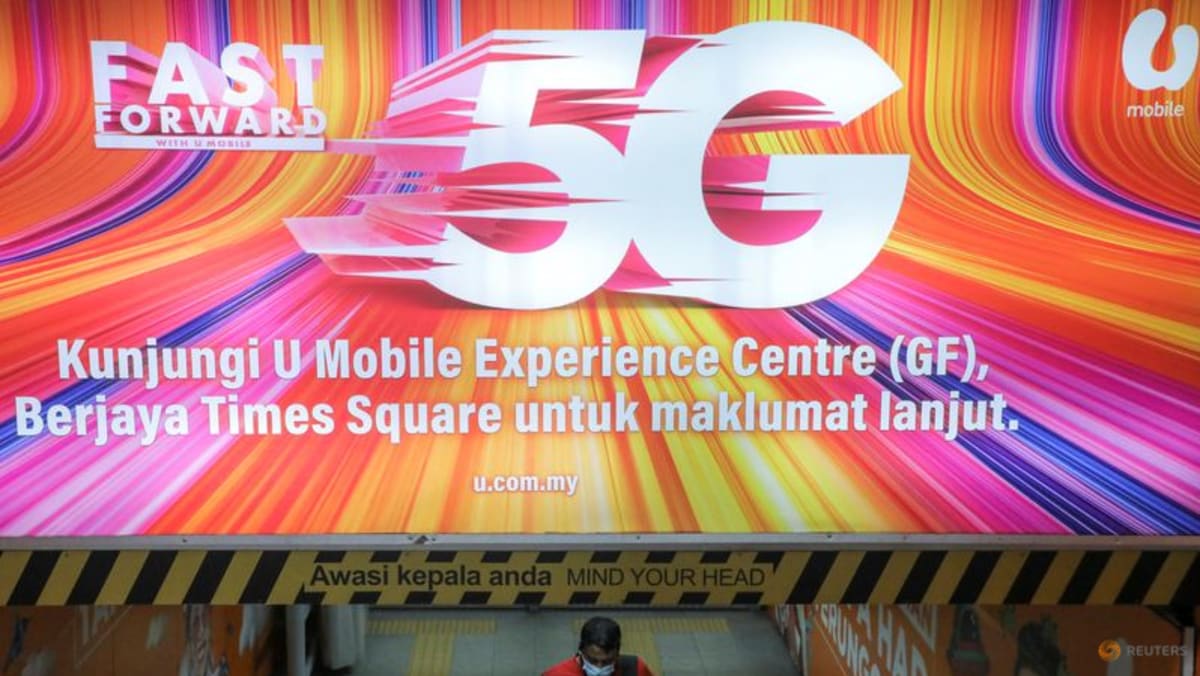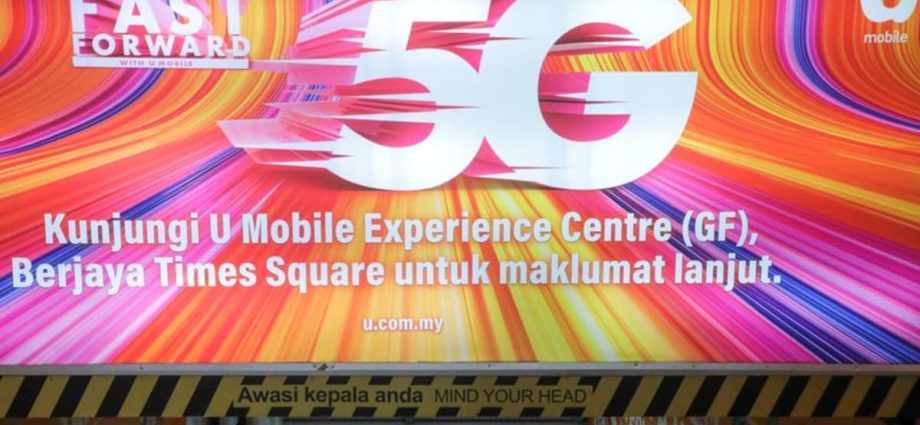
OTHER POTENTIAL TECH PARTNERS
Who are the other potential players in the frame?
The Finance Ministry official said that the lobby for China’s Huawei and other players, such as ZTE Corporation, which specialises in so-called cloud technologies that are vital to the 5G ecosystem, has been intensifying in the past month.
Huawei, which has set its sights on expanding into the markets of Southeast Asia and the Middle East to make up for the loss of business in the Western countries, has had mixed success pushing into ASEAN (Association of Southeast Asian Nations) markets. The Philippines and Cambodia have partnered Huawei, but other markets such as Singapore and Thailand have gone with Ericsson.
A foothold in Malaysia would represent a huge breakthrough for Huawei, which already has a long-term strategic partnership with Maxis Bhd, the country’s largest private mobile telephone operator.
DNB executives have pushed back, arguing privately with the government regarding the potential diplomatic pitfalls in embracing Huawei, which has seen products banned in several Western countries over allegations that the equipment it supplies contains security gaps that could be exploited by the Chinese government for spying on foreign governments.
“Malaysia needs to worry about the opposition from the Five Eyes because we need technology and investment from the Western countries,” said a senior consultant to DNB, referring to the global intelligence-sharing network comprising the US, Britain, Canada, Australia and New Zealand.
Bob Fox, who previously worked in the Malaysian telco sector and is currently chairman of the Digital and ICT Group of the Joint Foreign Chambers of Commerce in Thailand and the European Association for Business and Commerce, noted that “cyber security policymakers need to ask themselves tough questions about the community of vendors they work with”.
“Policymakers need to make up their minds whether all of those involved are going to act in the nation’s national interest,” said Mr Fox, who closely tracks regional telco developments.
“PM Anwar will have to make the final call. The US and EU sanctions on Chinese technology vendors are valid concerns,” said a former CEO of a local mobile company, who asked not to be named because of a confidentiality agreement he is bound by as advisor to several private mobile operators.
The 5G project has already reached more than 95 per cent rollout in the dense urban regions of greater Kuala Lumpur and Penang and is also ahead of schedule in other suburban and rural areas. DNB officials expect the rollout to be completed before the end of the year and with more than 80 per cent of the populated areas in the country covered.
Indeed, the project has emerged as a policy dilemma for the Anwar administration.
“The (new) government wants to demonstrate that it can do the (5G) rollout better and cheaper with minimum cost to the taxpayer. But in a few months we would not have achieved anything because there are no good options,” said a former director of a large Malaysia mobile network, who is regularly consulted by the government on industry matters.

